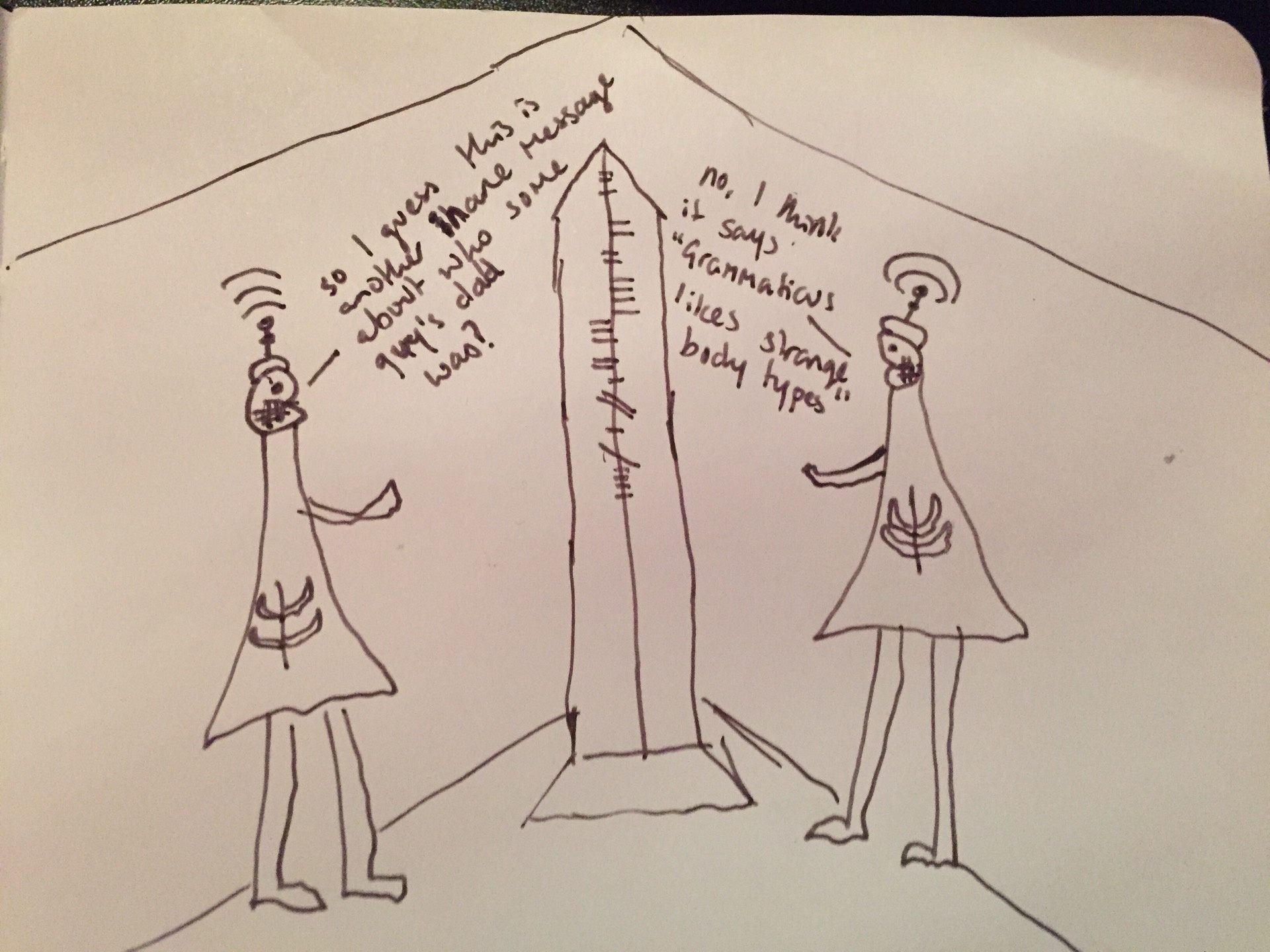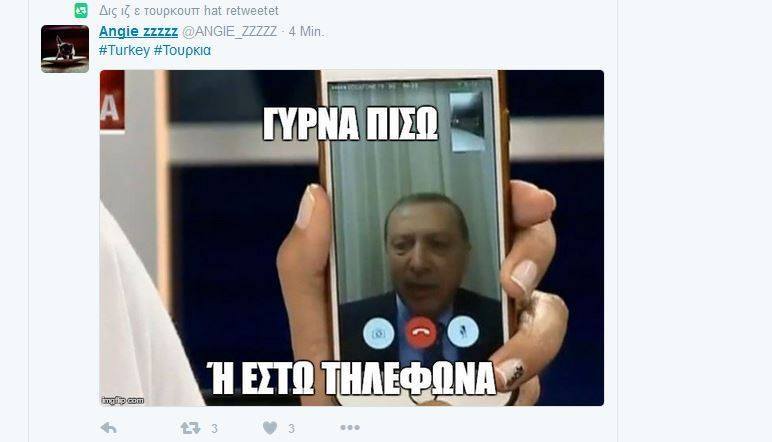Brian is of course right, but I think he’s explained it a bit too quickly.
Armed only with Old English grammar and Middle English from Wikipedia, behold the past tenses of verbs in action.
I’m only going to pay attention to weak verbs, because that’s the pattern that has prevailed.
Old English:
- Present
- ic hǣl-e “I heal”
- þū hǣl-st “thou healst”
- hē/hit/hēo hǣl-þ “he healeth”
- wē/gē/hīe hǣl-aþ “we/you/they heal”
- Past
- ic hǣld-e “I healed”
- þū hǣld-est “thou healdest”
- hē/hit/hēo hǣld-e “he healed”
- wē/gē/hīe hǣld-on “we/you/they healed”
What do we see?
- The present tense has third person singular marking. It also has second person singular marking, and plural marking.
- The past tense has all of the above. But the first and third person singular mark is just an -e. And English is notorious for no longer pronouncing its final e’s.
Middle English:
- Present
- ich baþ-e
- þu baþ-est
- he/sche/hit baþ-eþ
- we/ȝe/þei baþ-en
- Past
- ich baþed-e
- þu baþed-est
- he/sche/hit baþed-e
- we/ȝe/þei baþed-en
- The endings are pretty much the same, except that the plural ending has now been mooshed into the same –en for both present and past.
Now, to get to Modern English, we do the following:
1. Get rid of pronouncing the final –e, in late Middle English (though we’ll keep it in the spelling of this verb’s present tense):
- Present
- ich bathe
- thu bath-est
- he/sche/hit bath-eth
- we/ye/thei bath-en
- Past
- ich bathed
- þu bathed-st
- he/sche/hit bathed
- we/ye/thei bathed-en
2. Get rid of the plural agreement ending (Brian’s step 2):
- Present
- ich bathe
- thou bath-est
- he/sche/hit bath-eth
- we/ye/thei bathe
- Past
- ich bathed
- thou bathed-st
- he/sche/hit bathed
- we/ye/thei bathed
3. Get rid of the thou forms completely:
- Present
- I bathe
- he/she/it bath-eth
- we/ye/they bathe
- Past
- ich bathed
- he/she/it bathed
- we/ye/they bathed
4. Switch the -(e)th ending to -s (Brian’s step 1):
- Present
- I bathe
- he/she/it bathe-s
- we/ye/they bathe
- Past
- ich bathed
- he/she/it bathed
- we/ye/they bathed
Shazam, Modern English.
And that’s why there’s no third person ending on the past tense. Because the original third person ending was just an -e.
In fact, in Old English and Middle strong verbs, there wasn’t even the final -e: they had no third person ending from the very beginning:
- Old English
- ic stel-e “I steal”
- ic stæl “I stole”
- he stæl “he stole”
- we stǣl-on “we stole”
- Middle English
- ich sing-e “I sing”
- ich sang “I sang”
- he sang “he sang”
- we song-en “we sang”





